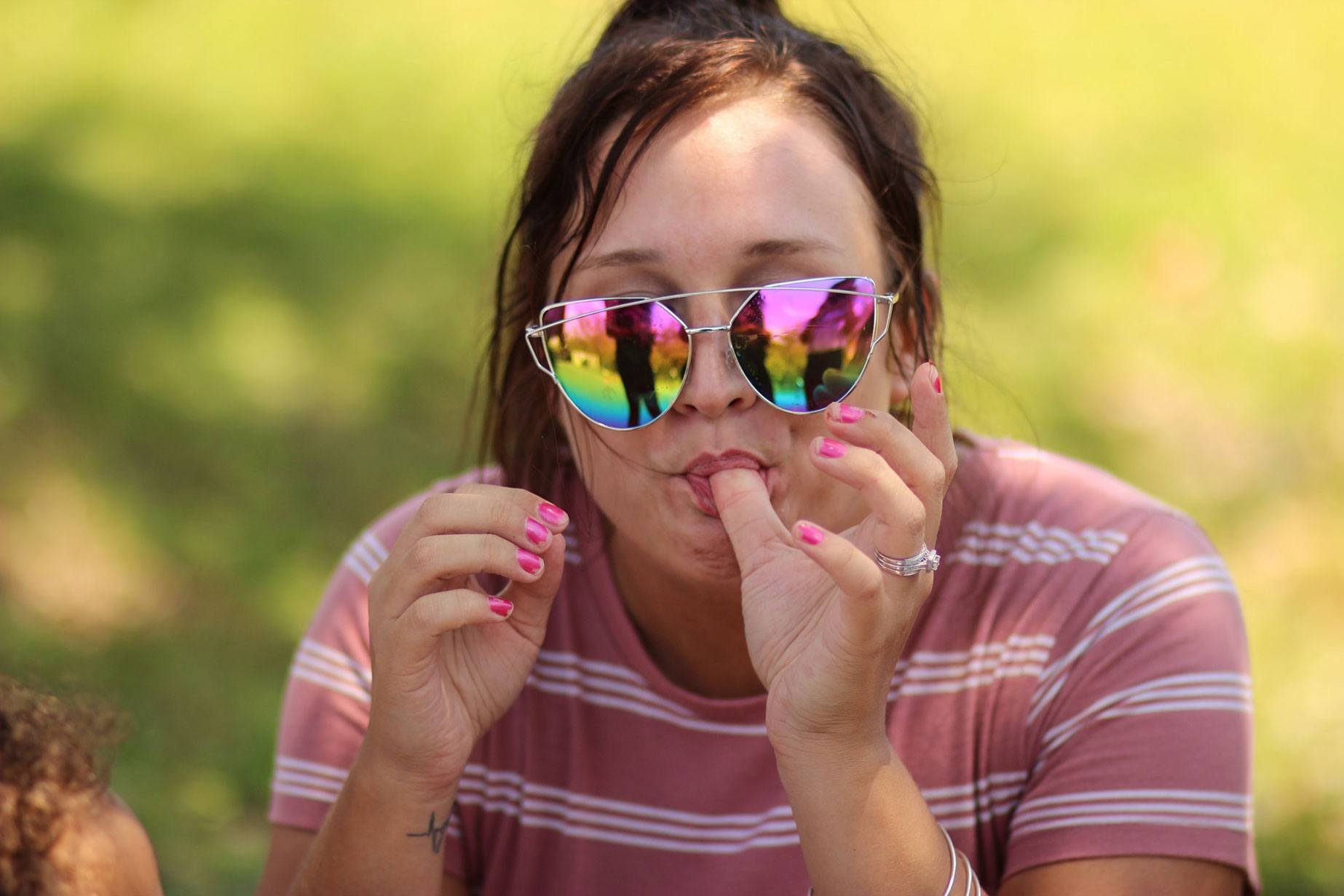Find your hand creeping toward your mouth when you're stressed out or bored? Nail-biting is a problem for people of all ages - and it could be wreaking havoc on your teeth.
Simply put, your nails are made of tougher stuff than your teeth should be dealing with. And tooth damage isn't the only reason nail biting is advised against by your healthcare professionals.
If you've been biting your nails for years, you know about the disadvantages - you've experienced them firsthand. But it can be incredibly difficult to drop the habit for good. Many nail biters have had the habit for decades, or even since they had teeth to bite with.
That's not to say that quitting is impossible. With some of the tips below, you can start reducing your biting and better protecting both your nails and your teeth.
Why is Biting Your Nails Bad for Your Teeth?
Nails are made of a tough protein called keratin, the same protein that makes up hooves and horns in animals. With all that we say about not using teeth as tools, it’s probably clear that biting nails falls into a similar category. Keratin is too strong for your teeth, and chewing on nails could lead to dental problems like these -
Those aren’t the only downsides to biting. In addition to changing the appearance of your nails and fingers, biting can lead to nails growing in strangely or the tissue around your nails becoming damaged.
Biting can also lead to illness. Your hands touch so many surfaces each day, all of them with their own germs. These germs are especially likely to hide out under your nails, where there are hidden crevices for them to lurk. Putting your fingers in your mouth provides bacteria with the perfect opportunity to enter your system. If you damage the skin when you bite and have an open wound, this can also lead to infection.
Easiest Ways for Nail Biters to Quit the Habit
Since nail biting is such a widespread habit, there are many different approaches to quitting. What might work well for one person might not necessarily do the trick for you. Look through the tactics listed below and see which ones sound like they might work well for your needs.

